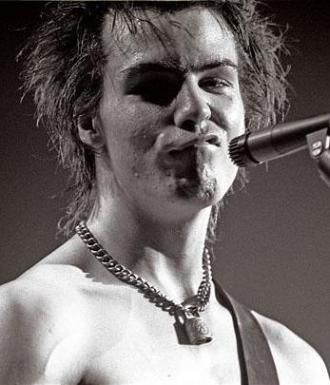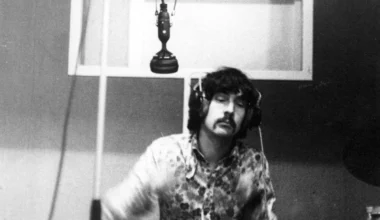Sid Vicious died in 1979. Many people recalled him as “one of the funniest guys,” as Steven Severin of Siouxsie and the Banshees described it. Vicious’ demise was one of the most insidious in music history. Yet, akin to many late personalities in current society, people remember them for the good they did rather than the mischief fueled by drugs. For many years, The Clash vocalist Joe Strummer worked with Sid Vicious. Not only did they find mutual inspiration in one another, but they also built a genuine relationship.
However, He took the stage for the first time as the opening act for the Sex Pistols on July 4th, 1976. The Clash quickly climbed to become crucial characters within the punk movement. Over time, their influence surpassed that of the Sex Pistols, as they expertly included a diverse range of genres into their musical pallet, including funk and reggae.
Release of the album
The Clash released their third studio album, London Calling, the same year Vicious died. This was an experiment that spanned the gap between classic punk and a new wave image. Also, they expressed the band’s interest that extended beyond their beginnings. It is regarded as one of the best albums It is with the lead track ‘London Calling’ reigning supreme. The album ‘Hateful,‘ is one of the album’s lesser-known tunes, was created during the band’s rehearsals in 1979. The band intended to record directly from their practice location in Pimlico’s Vanilla Studios.
However, their producer, Guy Stevens, urged the band to relocate to an actual recording studio. So they picked Wessex Studios, which best recreated the intimacy of Vanilla Studios but inside an actual studio setting. Following themes from prior songs on Give ‘Em Enough Rope like ‘Drug-Stabbing Time,’ ‘Hateful’ was recorded.
During the London Calling sessions, the band was fiercely opposed to any kind of hard drug usage. Therefore the inclusion of anti-heroin lyrics carried more weight than any drug-related songs they had previously written. For instance, when Strummer sings, “Anything I want, he gives it to me, but not for free”. It’s horrible, and it’s paid for, and I’m so thankful to be nowhere”. The feeling has additional weight considering their relative sobriety at the time.
Vicious had recently completed a rigorous detoxification program when he met his friend “by chance” in 1979. He asked him if he could get him some heroin. Later that night, he, Jerry, Howie Pyro, and several other musicians gathered at a New York City apartment. Vicious then overdosed and was discovered dead the next morning. This happened just a few months after he was arrested and charged with second-degree murder in connection with the death of his lover Nancy Spungen.
Meaning Behind the Album
The lyrics to the Clash’s song ‘Hateful’ contain an emotionally charged reference to Vicious, both in terms of its fundamental meaning and the phrase “this year I’ve lost some friends.” The song exists on the one hand to symbolize anti-drug rhetoric. But this is The Clash at a period when displeasure with drug usage in rock and roll became clear. A view shared by many famous rock musicians in the business at the time.
Without understanding its background in connection to Vicious, the song’s lyrics can easily be taken as a commentary. It can be done on the personal hardships and self-destructive tendencies commonly associated with heroin addiction. The term “hateful,” for example, is used to describe internalized rage and disgust with self-sabotage and the inability to sustain good relationships. Lines like “I’m so grateful to be nowhere” refer to the more disconnected and secluded living that is frequently associated with drug addiction.
The song may also be seen as a powerful portrayal of the unpredictable nature of feeling emotions at any given time. It is similar to the nature of addiction itself. The words alternate between questioning or grieving certain things, only to be confronted with an altogether opposite idea by the following line. Finally, it’s a powerful form of irritation that reflects the problematic nature of rock and roll that’s important to stories like Vicious’.
In a larger sense, ‘Hateful’ might be seen as a reflection of the inner tensions. It is an inconsistency that individuals face in their daily lives. However, toward the conclusion of the song, the song finishes, “I can’t see so clearly”. It captures the increased uncertainty and grief that comes with losing oneself, or close friends, to drugs.








